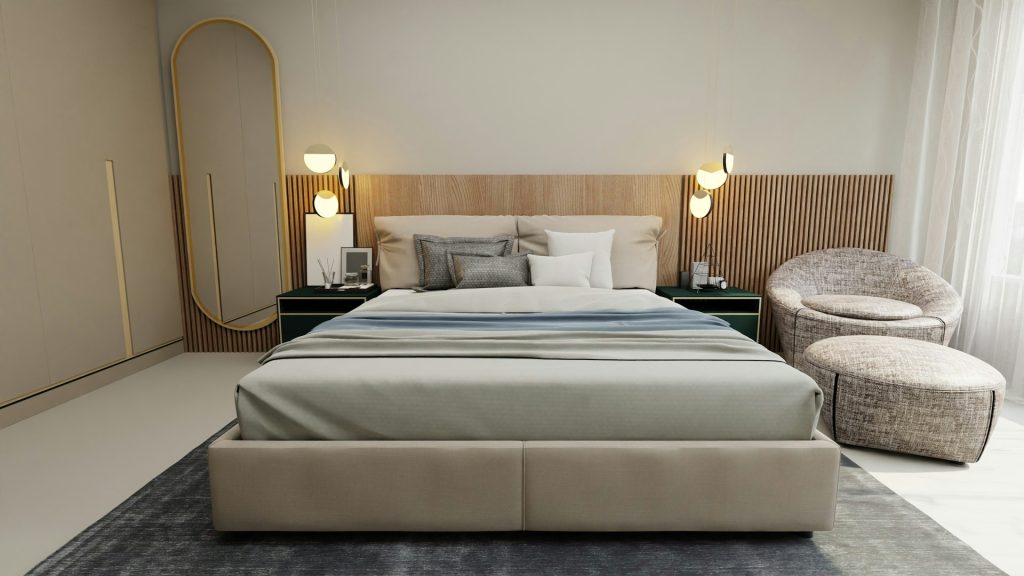Airbnb hosting has become a lucrative side hustle and a full-time job for countless property owners worldwide. But beneath the allure of glowing reviews and passive income lies a pressing question: How safe is Airbnb hosting? Whether you’re a first-timer nervously opening your home to strangers or a seasoned host with years of experience, concerns about safety are valid and worth addressing.
This guide delves into the risks and safeguards associated with Airbnb hosting, offering actionable insights to help new and experienced hosts protect themselves and their properties.
Table of Contents
ToggleUnderstanding Airbnb Hosting Safety
At its core, Airbnb operates on trust. The platform connects hosts and travelers, facilitating interactions that hinge on mutual respect and reliability. Yet, as with any peer-to-peer service, safety concerns can arise, ranging from property damage to personal security. The good news? With the right precautions, you can mitigate risks and ensure a smooth hosting experience.
Airbnb’s Built-In Safety Measures
Airbnb has introduced various safety features to protect hosts. The platform includes identity verification, secure payment processing, and host guarantees that cover damages in certain scenarios. For many, these measures provide peace of mind, but relying solely on them can be a mistake. Understanding Airbnb’s limitations is key to addressing gaps in safety.
Experienced hosts often combine these tools with personal strategies to build a secure hosting environment.
Common Safety Concerns for Airbnb Hosts
1. Property Damage and Theft
One of the most common fears among Airbnb hosts is the potential for guests to damage property or steal valuables. While most guests respect the spaces they rent, occasional mishaps or deliberate misconduct can occur. Stained carpets, broken appliances, or missing decor items are frustrating realities for some hosts.
How to Protect Yourself
To minimize risks, create a clear set of house rules and communicate them to guests before their stay. Lock away valuables and consider installing security cameras (in compliance with Airbnb’s policies). Leverage Airbnb’s Host Guarantee, but also explore additional insurance options tailored for short-term rentals.
2. Personal Safety During Guest Interactions
For hosts who share their living space with guests, personal safety is a top concern. Meeting strangers and trusting them to respect your boundaries can be intimidating, especially for those hosting solo.
How to Protect Yourself
Vet your guests by reviewing their profiles and reading reviews from previous hosts. Use Airbnb’s messaging system to clarify expectations and gauge their demeanor. If something feels off, trust your instincts and decline the booking.
3. Legal and Regulatory Risks
Many hosts overlook the legal aspect of Airbnb hosting. Short-term rental regulations vary widely by location, and failing to comply can result in fines or legal disputes. This is especially true in cities where local governments have cracked down on unlicensed rentals.
How to Protect Yourself
Familiarize yourself with local laws regarding short-term rentals, including tax obligations and licensing requirements. Airbnb provides resources to help hosts navigate regulations, but consulting a legal professional is often the safest route.
4. Guest Misconduct
From unauthorized parties to noise complaints, guest misconduct is another potential headache for hosts. While such incidents are relatively rare, they can have serious repercussions, including neighbor disputes and property damage.
How to Protect Yourself
Establish strict rules regarding guest behavior and enforce them firmly. Airbnb allows you to charge additional fees for rule violations, but proactive communication is your best defense. Installing noise monitors (that don’t record conversations) can also help you address issues in real-time.
Safety Tips for New Airbnb Hosts
Starting your hosting journey can feel overwhelming, but small steps can make a big difference. Begin by ensuring your property is guest-ready with basic safety features like functioning smoke detectors, a first-aid kit, and secure locks.
Set clear boundaries in your house rules, and don’t hesitate to decline a booking if something feels off. Hosting is as much about intuition as it is about preparation.
Airbnb Management Melbourne service can help you grow your Airbnb. Get in touch to learn more.

Safety Tips for Experienced Hosts
Experienced hosts may face different challenges, such as managing multiple properties or handling a higher volume of bookings. Investing in smart home technology, such as keyless entry systems and security cameras, can streamline operations while enhancing safety.
If you’ve had negative experiences in the past, use them as learning opportunities. Adjust your rules, refine your vetting process, and continuously update your property to ensure it remains secure and appealing.
The Role of Communication in Airbnb Hosting Safety
Clear and consistent communication with guests is one of the most effective ways to prevent misunderstandings and mitigate risks. From the moment a booking request is made, use Airbnb’s messaging system to establish expectations.
Discuss check-in procedures, house rules, and local amenities. Encouraging open communication can help build trust, making the experience safer for both parties.
Balancing Safety with Hospitality
While safety is paramount, it’s important not to let concerns overshadow the spirit of hospitality. Many hosts find joy in sharing their spaces and connecting with guests. By implementing the right precautions, you can create a secure environment without sacrificing warmth and authenticity.
Remember, hosting is a journey. Each experience—good or bad—offers an opportunity to refine your approach and improve your safety measures.
Learn more about Airbnb Policies to stay informed.
FAQs About Airbnb Hosting Safety
How safe is Airbnb hosting for new hosts?
Airbnb hosting is generally safe for new hosts when precautions are taken. Vet guests, set clear rules, and secure your property to minimize risks.
Does Airbnb provide insurance for hosts?
Yes, Airbnb offers a Host Guarantee that covers property damage in certain cases. However, additional short-term rental insurance is recommended for comprehensive coverage.
How can I vet potential Airbnb guests?
Review guest profiles, check previous host reviews, and use Airbnb's messaging system to clarify expectations and gauge their reliability.
Are shared living arrangements safe for hosts?
Shared living arrangements can be safe if you vet guests carefully, communicate boundaries, and take measures like installing secure locks on private rooms.
What should I do if a guest damages my property?
Document the damage, communicate with the guest through Airbnb, and file a claim under Airbnb’s Host Guarantee. Additional insurance may also help cover costs.
